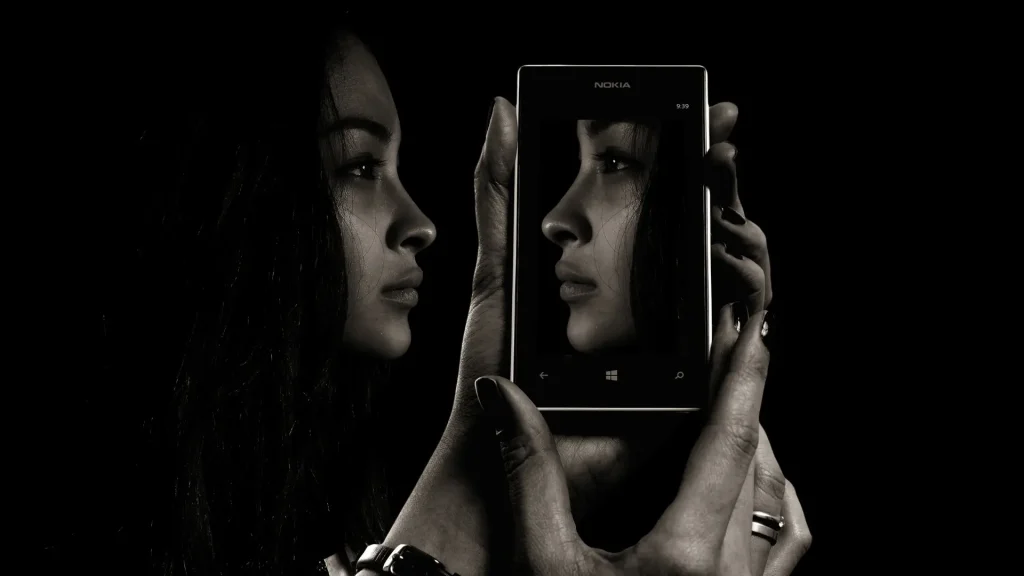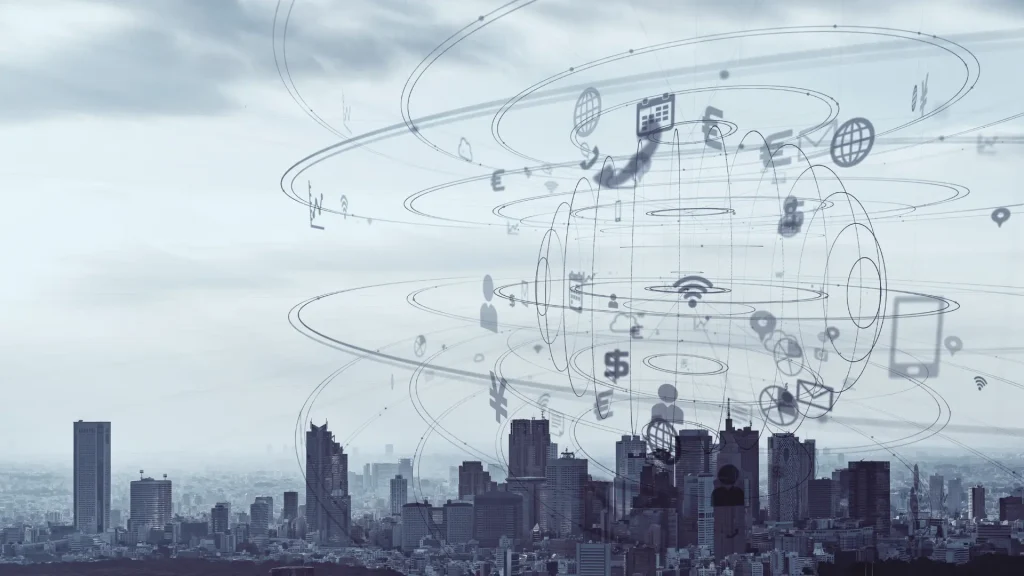The Illusion of Privacy
Remember when privacy was sacred? Back when snooping was relegated to nosy neighbours, and your diary was your only data breach? Fast-forward to today – privacy has transformed into a slippery concept, more myth than reality. Surveillance cameras peer from every corner, your phone logs your every move, and do not get me started on that smart speaker you forgot is always listening.
The question is not whether we are being watched; it is whether we even mind. For many, the convenience of personalised ads and instant services outweighs the discomfort of being surveilled. But who cares if Google knows your coffee order? And should we care?

Convenience vs. Control
Privacy advocates argue that sacrificing personal data for convenience is a bargain with the devil. Sure, it is great fun to have Spotify read your mood or Amazon anticipate your needs, but this hyper-personalisation comes at a cost. Data breaches, targeted misinformation, and monetisation of our most intimate habits are the tip of the iceberg.
But here is the kicker: we have normalised this. Big Tech has sold us the narrative that data sharing is the currency of modern living. You get free apps and shiny gadgets; they get a piece of your soul.
And then there is the societal trade-off. Governments argue that mass surveillance is crucial for national security. A noble goal, perhaps. But one that risks spiralling into a dystopian nightmare. Who defines “security” after all? And at what point does protection morph into control?
Who Needs Secrets?
There is an emerging counterculture arguing that radical transparency might be the solution. Maybe society could embrace a more honest, equitable existence if no one has secrets. Think about it: fewer lies, less corruption, and no more pretending you did not Google the symptoms of caffeine addiction at 2 a.m.
But let us not kid ourselves – humans are not wired for complete openness. Secrets serve a purpose, whether preserving personal autonomy or maintaining social harmony. A world without secrets is not a utopia but chaos with a Wi-Fi connection.
The Way Forward
The debate about privacy is not going away anytime soon. How our data is collected, analysed, and used will evolve as technology evolves. Striking a balance between convenience and control, or transparency and secrecy, will require individual vigilance and collective action.
Where does that leave us? Somewhere between apathy and revolution, scrolling through life while algorithms quietly decide what we will care about next. The question is not whether we need secrets but whether we will fight to keep them.











